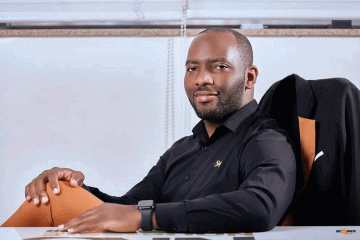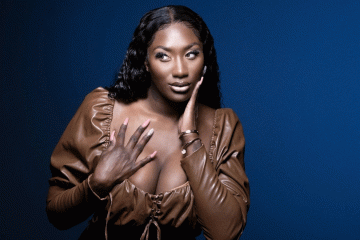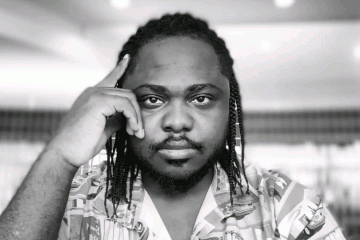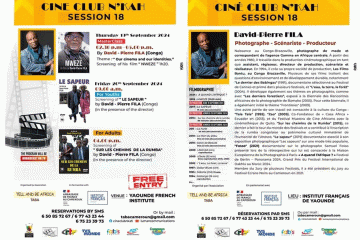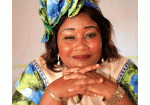MANU DIBANGO : 237 AFRO-JAZZ LEGEND
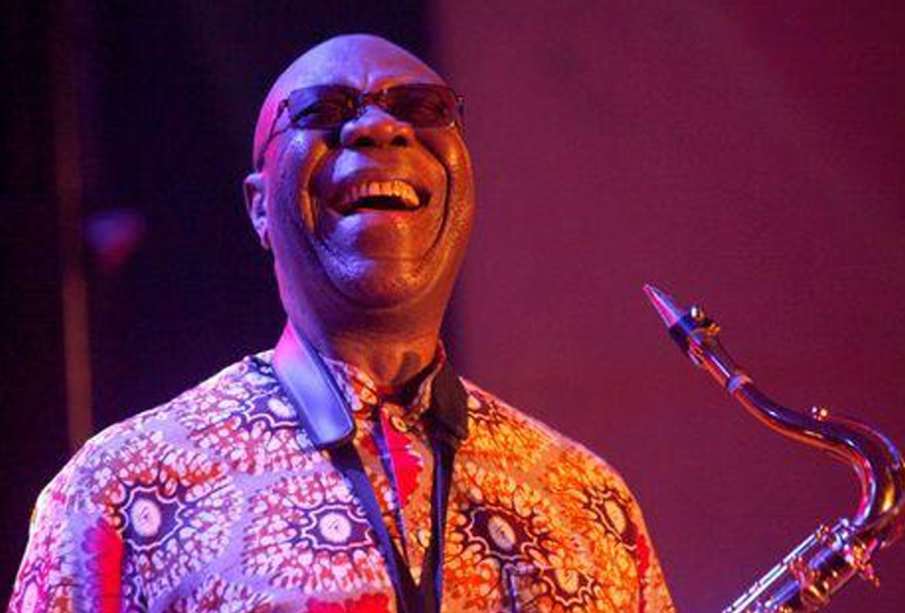
Emmanuel N’Djoké “Manu” Dibango was a Cameroonian Musician and Songwriter, best known for his contributions to the world of Afro-jazz, traditional Cameroonian music and funk music. He was a pro at the Saxophone and Vibraphone. He was born on December 12, 1933, in Douala, Cameroon, and passed away on March 24, 2020. His love for music began at a young age, and he learned to play the piano and saxophone. In the 1950s, he moved to France to further his studies, at Saint-Calais and later on went to Lycée de Chartres, where he learned the piano and immersed himself in the jazz scene. He joined various bands and started gaining recognition for his talent as a saxophonist.
In the 1960s, Dibango began experimenting with fusion music, blending traditional African rhythms with jazz and funk. This unique style became his signature sound and earned him international acclaim. One of his most famous songs, “Soul Makossa”, released in 1972, became a global hit and played a significant role in popularizing African music worldwide. The song has been of great influence to popular music hits like Kool and the Gang’s, “Jungle Boogie”, in 1982, Late Michael Jackson used the “ Ma ma-se, ma ma-sa. Ma ma-kossa” slang from Dibango’s “Soul Makossa” without his permission and when Dibango found out, he considered suing Mega star but Michael Jackson was quick to admit that he borrowed the line and the matter was settled and closed without involving the court. Several years later, Dibango finally had to sue Michael Jackson and Rihanna for using his song without his permission.
Throughout his career, Dibango collaborated with numerous musicians from different genres and backgrounds. He worked with artists like Fela Kuti, Herbie Hancock, Bill Laswell,Bernie Worrell, Ladysmith Black Mambazo, King Sunny Adé, Don Cherry, Sly and Robbie, and Peter Gabriel, among others. His collaborations helped bridge the gap between African and Western music and showcased the rich diversity of African musical traditions.
In addition to his musical achievements, Dibango was also an advocate for social causes. He used different ways to raise awareness about issues such as poverty, inequality, and environmental conservation. He believed in the power of music to bring people together and promote positive change.
Dibango’s contributions to music were recognized with several awards and honors throughout his career. He received the Lifetime Achievement Award at the 2014 World Music Awards and was named a Commander of the Order of Arts and Letters by the French government. In 2015, the Secretary General of the Organisation Internationale de la Francophonie, Michaëlle Jean, honoured Manu Dibango with the title of Grand Témoin de la Francophonie aux Jeux Olympiques et Paralympiques de Rio 2016.
On March 24th 2020, he died from COVID-19 in Melun beside Paris.
Manu Dibango’s legacy continues to inspire musicians and fans alike. His innovative approach to music and his commitment to social activism have left a lasting impact on the global music scene. He will always be remembered as a pioneer of Afro-jazz and a cultural icon in Cameroon and beyond.
Delia Nyadi

